Dr. Mike Morales, President, Mitsui OSK Lines-Magsaysay Maritime Academy highlights that everyone can become a leader. In this context, the first step is to find a coach and the next step is to find someone to coach. He underscores that if all seafarers had a coach and were coaching another, our ships would be a much safer and more enjoyable place to work
Dr. Mike Morales is the author of a book titled “Building Leaders the MMMA Way’’ which is a practical manual on transformative leadership. The author, drawing from his extensive experience in military, missionary, and academic roles, presents a refreshing approach to leadership development tailored for the modern era. Dr. Morales also presents a variety of innovative approaches for coaches, equipping them with thought-provoking questions to engage with cadets. This interactive method allows coaches to assess and adapt their strategies effectively, fostering a more dynamic and responsive training environment.
SAFETY4SEA: What inspired you to write the book titled “Building Leaders the MMMA Way” and delve into the topic of transformative teaching and learning?
Mike Morales: As a fledgling maritime school, the staff of the MOL Magsaysay Maritime Academy needed clear guidance on how to train our cadets so that they will possess critical thinking, leadership, humility, and resilience. Instead of adopting the traditional quasi-military training model, we pursued a developmental approach that reflects the best practice in leader formation that have been the object of my own research and advocacy for the past three decades. Since most of our training staff come from a traditional training background, we needed a primer on the developmental approach. Hence, the book.
S4S: Can you elaborate on the cultural traits that you believe hold us back in traditional teaching methods, and how your book addresses these challenges?
M.M.: For Filipinos and most Asians, perhaps the most insidious trait is the honor/shame culture that, in effect, values saving one’s “face” or that of a superior over admitting or pointing out a mistake. This contributes to the lack of a speak-up culture aboard ship that has resulted in unsafe practices and accidents. Westerners are not exempt from this, especially those who come from a background where a hierarchical leadership structure was enforced such as the military. I hope my book will expose a blind spot that would trigger reflection and action towards safety and self-improvement.
S4S: In the book, you emphasize the importance of coaching young learners as a development strategy. Could you share some practical tips/ examples on how to effectively implement coaching in education?
M.M.: Anybody can be trained to be a coach. A coach does not have to be a subject matter expert. A coach only needs to be a good listener, must be able to ask insightful, open-ended questions, and above all, must have unhurried time to coach. The coaching session must have a clear and limited objective, and not aim to solve all the world’s problems in one seating. Following a coaching methodology like the one outlined in my book would help keep the coaching session on track. Finally, the person being coached must be willing to be held accountable to take positive action towards his or her goal. In MMMA, each cadet is coached one-on-one at least once a semester. The cadet selects the topic for coaching from the following areas for personal development: academics, character formation, leadership development, physical fitness, and life skills. A cadet, for instance, may share that he is struggling in academics. Through a series of open-ended questions from the coach, the cadet realizes that he had not managed his time well. He sets a SMART goal (from a GPA of 2.5 last semester, achieve a GPA of 3.0 this semester), an action plan (make and follow a study schedule strictly), and accountability (roommate will check that he is following his study schedule). The coach checks his progress at mid-term and at the end of the semester.
‘Success begets success. A cadet who sets a goal and achieves it will more likely succeed at other goals.
S4S: In your opinion, what are the key characteristics or traits of a transformational leader, and how can educators and mentors cultivate these qualities in themselves and others?
M.M.: Research has shown that people follow leaders who possess trustworthiness, vision, charisma, and competence. Leaders who live out these traits daily tend to transform people around them and society itself. People eager to learn their “secret” seek them out. This is why Martin Luther King, Jr., Mahatma Gandhi, Mother Teresa, and Peter Drucker had a steady stream of adherents who spent long periods observing, following, and learning from them.
S4S: What do you hope readers will take away from your book?
M.M.: We all can improve as leaders. If anything, I would like my readers to realize what he or she needs to do to grow as a leader. A good first step is finding a coach. The next step is to find someone to coach. If all seafarers had a coach and were coaching another, our ships would be a much safer and fun place to work.
The views presented are only those of the author and do not necessarily reflect those of SAFETY4SEA and are for information sharing and discussion purposes only.












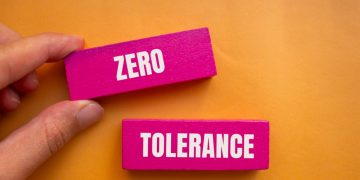

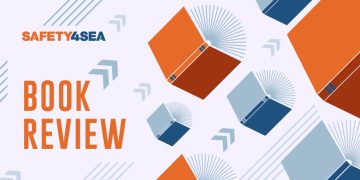
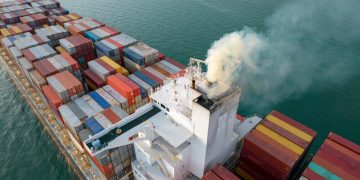




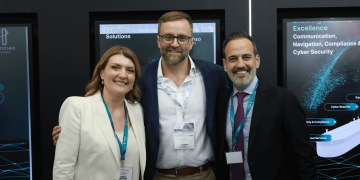
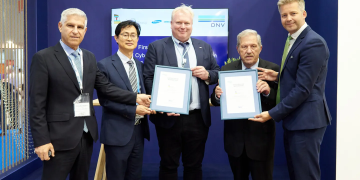


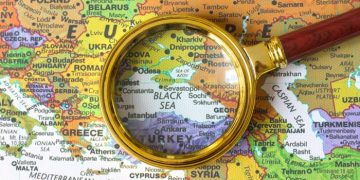















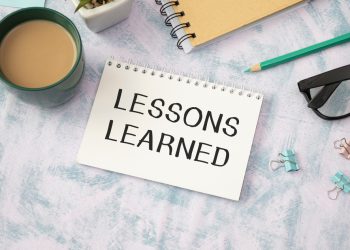

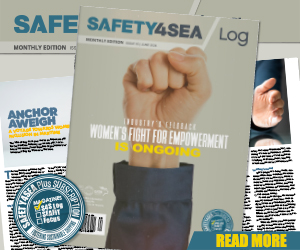





















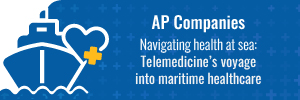
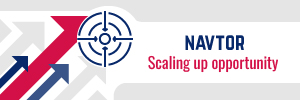


Agree!!!
Everybody needs a coach, also experienced leaders need a coach for continuous development.